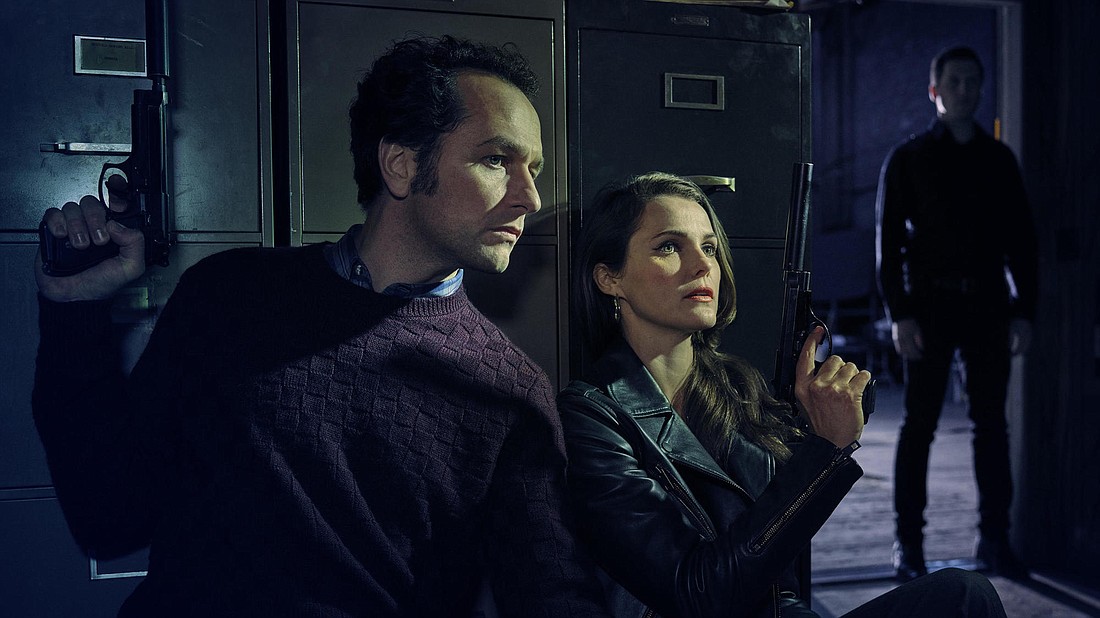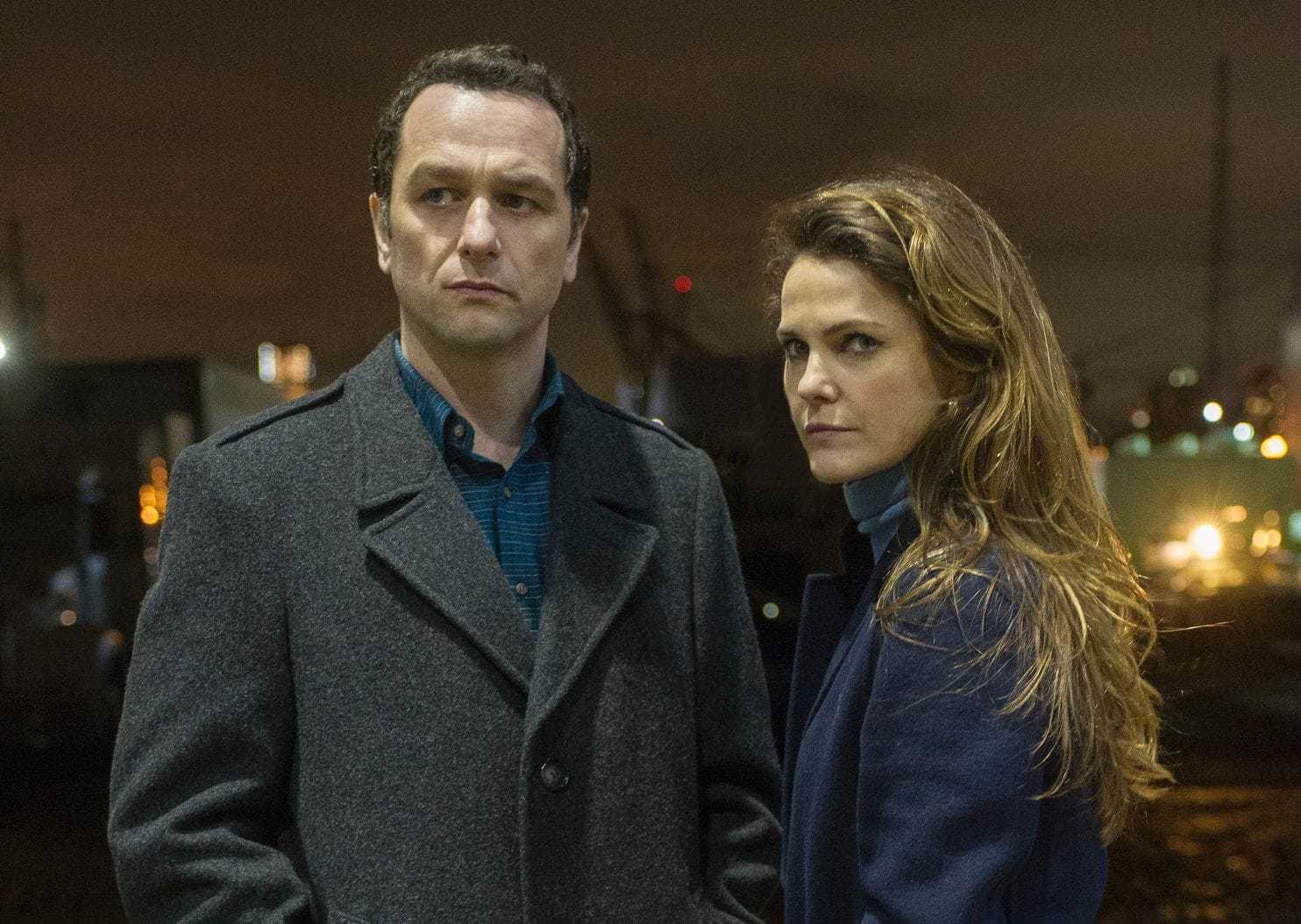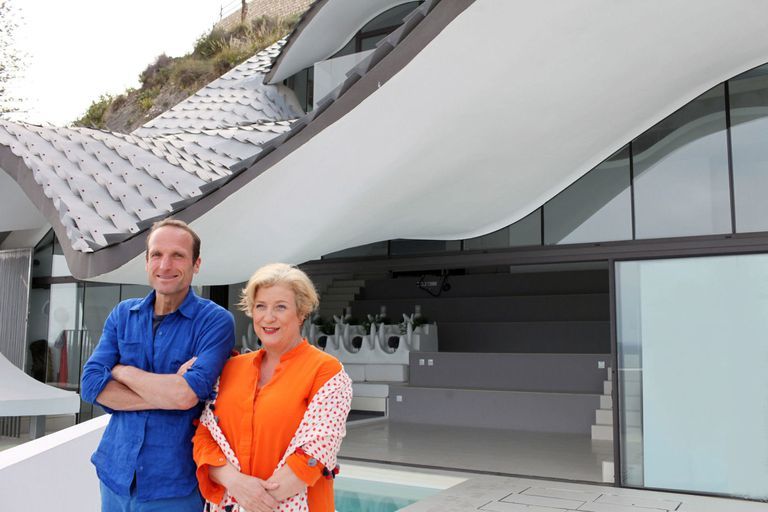- January 14, 2025
-
-
Loading

Loading

I’ve been having trouble sleeping.
I mentioned last week that I saw “Hereditary” recently, and for the first few nights that was the cause of my troubles. It’s been a while since a movie affected me in a real-world way like that, even a horror movie, but what “Hereditary” does so well is find ways to scare you beyond initial shock value. It gets under your skin like a virus and makes itself home. It’s not just the images presented that frighten, but the ideas and themes behind them. (Don’t get it twisted, though: The images in “Hereditary” are plenty scary.)
There have been a number of movies in this vein in recent years, “The Witch,” “It Follows” and “The Babadook” among them. I’ve never thought to stop and ask why this revival is happening, but I think the answer came to me on its own this week.
There’s a reason why every genre is popular. People watch romantic comedies because they either relate to or yearn for the meet-cute lovey-dovey nature of those films in their own lives. People watch war movies to learn the struggles behind the flying bullets. People watch crime dramas to sustain their belief that the good guys can still win. These are all simplifications of course, but they exist in kernels of feelings most viewers don’t even recognize.
I think the reason people like horror movies is changing, or at least it is for me. I used to hate them as a kid. My friends would watch slasher films and either make fun of them or be thrilled by walking the fine line that is adrenaline and fear. My mind always fell off that line, landing on the fear side. But I like them more now, and that’s because, whenever the movie ends, after I’m done connecting to those deeper themes I talked about, I can safely say to myself, “Well, at least my life will never be THAT bad.”
Whatever point on the political spectrum you call your own, I think most of us can agree the world has become stressful and tense and tiring over the past few years. That’s what has been keeping me up since my memories of “Hereditary” faded. Life is hard, and it’s harder when you realize most of the hard stuff is out of your control. But I keep watching horror movies, and I keep telling myself that our world will never be as bad as the worlds within them.
At the end of the day, I’d much rather be kept awake by on-screen nightmares than real ones.
There are no horror movies in this week’s breakdown, though. What we do have is one of the most underrated dramas of modern times, and a show that’ll make you fall in love with architecture, for real.
Amazon Prime Video, TV-MA, six seasons (75 total episodes), 44 minute run time
It’s the week of July Fourth, and this show is called “The Americans.” That must mean a patriotic burst of fun, right?

Not exactly. “The Americans” follows the Jennings family through real-life events of the Cold War, specifically Philip and Elizabeth Jennings (Matthew Rhys and Keri Russell, who are now married with a son in real life and for whom I wish eternal happiness), who work as travel agents and raise their daughter, Paige (Holly Taylor), and son, Henry (Keidrich Sellati). All of that is true, and none of that is true. See, Philip and Elizabeth are Russian spies living in America, posing as typical Americans, and they’re doing quite well until Stan Beeman (Noah Emmerich) and his family move next door, and Beeman tells them he’s an FBI agent.
“The Americans” is my favorite show of the last 10 years. Its sixth and final season wrapped up in May, and the show has now landed on Amazon Prime Video. It never became a cross-country sensation because it’s a show that values quiet moments as much as prolonged action sequences — though it has those, too. It knew that big revelations have no impact without tension being wound tighter than a 1700s corset first. It didn’t glorify the spy profession. It often did the opposite, caring more about how the work impacted the lives of innocents than it did the work itself. I feel like I say this every week, and maybe this is a sign of shows I gravitate toward, but “The Americans” truly has one of the best music departments in television history, finding songs that matched the show in both mood and theme, and which were appropriate for the given time period. The finale has my favorite musical cue of all time — a reveal at the perfect moment, built on the back of six emotionally-draining seasons.
The most remarkable thing the show accomplishes is getting you to care about people typically seen as the enemy (another reason some people never gave it a proper chance). Philip and Elizabeth are Russian, and if they succeed in their many missions, its bad news for the United States. Our United States. But you want them to succeed anyway, or at the very least survive. They do what they do because they love their country, the same reason high-ranking people in this country do what they do. We’re all the heroes of our own stories. A show like this helps you see different perspectives. It’s sobering, but necessary.
(You can still root for the FBI; Beeman is a good guy, too, which makes viewer's feelings even more complicated.)
Also, “The Americans” will make you cry, laugh, drop your jaw and fist-pump in excitement in equal measure. What more do you want?
Netflix, TV-PG, four episodes, 60 minute run time
On a completely different note, “The World’s Most Extraordinary Homes” might be the most relaxing show online. Hosts Piers Taylor, an award-winning architect, and actor/design enthusiast Caroline Quentin take you on a tour of, well, you read the title, right?

Each episode concerns homes built on different landscapes: mountains, coasts, forests and under the ground. Showcasing four homes an episode, from all over the world, Taylor and Quentin talk to the architects and owners of each home and get free reign to show viewers every nook and cranny. The homes selected truly are one-of-a-kind. One is literally built into the side of a cliff. Another requires people to enter via a hillside shack and walk through an underground tunnel to reach the main house. All of them are impeccably designed and can be appreciated by anyone interested in the arts. Hosts Taylor and Quentin have chemistry for days, and their genuine enthusiasm for the houses will put you in a good mood.
They don’t always love every aspect of the houses though, and they aren’t afraid to lob criticisms, especially Quentin. (Although at the end of each tour, they always come around.)
This show is low-key and perfect for shutting off your brain for an hour to look at pretty stuff. It’s nothing more than that, but it doesn’t try to be.
A perhaps-troubling side effect, though: It may make you want to own a house like these. If you spend money on one, don’t blame me.
I don’t think this one requires a whole section, but you may remember the film "Eighth Grade" that played at this year's Sarasota Film Festival. That movie was the directorial debut of comedian Bo Burnham, and it's getting a wide release on July 13. Before that happens, I wanted to plug his latest comedy special, 2016's "Make Happy," to give those unfamiliar with Burnham a taste of his unique medicine.
“Make Happy” (Netflix, TV-MA, 60 minutes) is a deconstruction of what makes comedy funny, why we like certain things but not others, and what comedians go through to make us laugh. It’s informative, hysterical and unlike any other comedy special I’ve seen. I’d recommend watching it, too, even if you don’t typically like stand-up as a genre. He’s a genius and deserves to be recognized as one.
Enjoy the weekend!